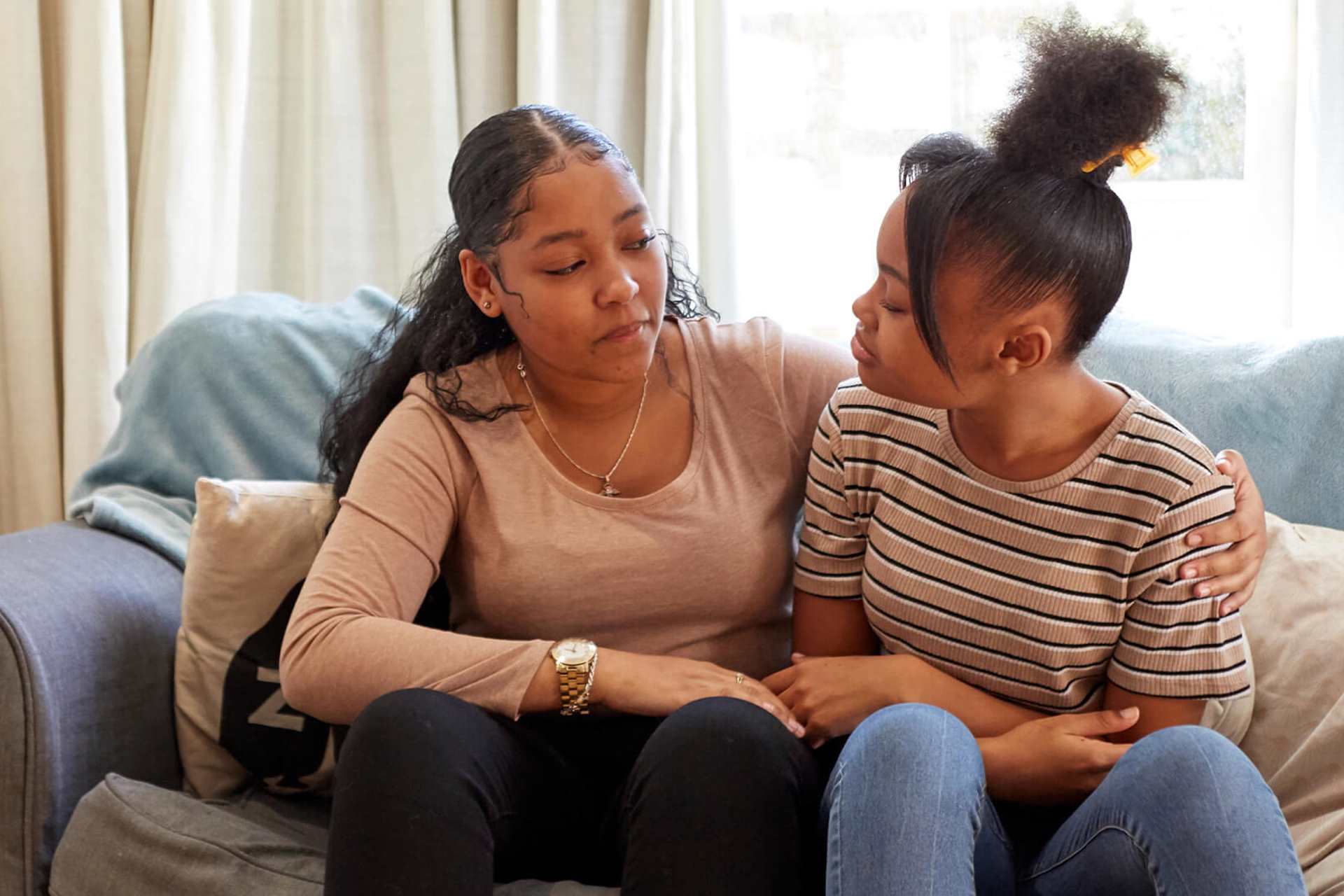Topics mentioned: low mood and depression, seasonal affective disorder, radical acceptance
About: Annabell shares how shifting your mindset and using acceptance-based techniques can help you cope with winter challenges, low mood and seasonal affective disorder.
The end of the year always feels foreboding. As autumn winds into winter, deciduous greenery and hours of daylight disappear, taking a chunk of my verve with them. The colder, wetter weather and darkness can pose a challenge to some of the habits that preserve my mental health. I love getting up and going out into the sunshine first thing in the morning, but post-daylight savings, it’s more difficult to wake up early. I don’t want to leave the warmth of my bed to go anywhere or do anything. The tail end of the year brings with it a lack of motivation. Part of that is instinct; the urge to conserve energy through a resource-scarce winter is thought to be a relic of our hunter-gatherer days. Seasonal shifts can also disrupt sleep and exacerbate existing depression, leaving you sad, sluggish and dispirited.
The best way to cope is to accept the season for what it is and reorientate around the challenges it brings.
Social psychology research suggests a positive attitude towards the winter months helps people to thrive despite the challenges of the season. This involves actively appreciating the good things about this time of year, rather than just noticing the bad. By acknowledging seasonal changes, you can also accept their effect on you, thereby increasing your self-compassion in the face of difficulty. For example, rain and strong winds might make you feel negatively towards going outdoors. Accepting this change to your experience allows you to plan strategies to combat how you’ll feel (wearing warm clothes, taking an umbrella, etc), instead of being frustrated by or critical of any negative emotions. Digging out and wearing a scarf you like or treating yourself to a warm drink once you’re indoors create positive seasonal experiences that can also help improve your mood. You may still dislike the weather, complain about it or wish to stay indoors – but you’ll be better equipped to cope and support yourself.
By acknowledging seasonal changes, you can also accept their effect on you, thereby increasing your self-compassion in the face of difficulty.
Personally, I try to adjust the things I know work for supporting myself, and incorporate new practices centred in light and warmth to supplement what I’m missing. Getting out first thing in the morning and taking in the daylight can still be invigorating, even if I have to put on a hat and gloves, or a raincoat, first. Just looking out over a green space, noticing the colours of the leaves and the sound of birdsong, yields similar benefits. Taking time to go on walks in nature and appreciate what’s still flowering, noticing late fruiting plants and the wildlife they support, fosters hope and gratitude. I can take comfort in knowing nature and it’s support system are still there, even when it feels like most things have died off.
These months, and the spectre of upcoming holidays, can inflate feelings of loneliness and isolation. If you find yourself bowing out of social engagements, try to think about why you’re avoiding them, and what activities or events would be easier to commit to. Going to the theatre, seeing art installations or museum exhibits, can become seasonal positives, as you can slow down and engage thoughtfully with what you see and enjoy the warmth indoors. Volunteering at food banks, shelters and other organisations can give you a feeling of connection and community, as well as easing the burden of this time for others. At home, making time to sit with a cup of tea and relax, or lighting a candle to soften the atmosphere, provide rest, comfort and much needed warmth.
Getting out first thing in the morning and taking in the daylight can still be invigorating, even if I have to put on a hat and gloves, or a raincoat, first.
Weaving protection against and acceptance of this time of year into your daily life will strengthen and soothe you, helping you to support yourself into next spring. Being present and finding reasons to enjoy autumn and winter doesn’t mean ignoring the challenges you might face, but accepting them and knowing you can cope.
More information and advice
We have tips and advice to help you find the support you need. Take a look at our guides.
Where to get help
However you're feeling, there are people who can help you if you are struggling. Here are some services that can support you.
-
Childline
If you’re under 19 you can confidentially call, chat online or email about any problem big or small.
Sign up for a free Childline locker (real name or email address not needed) to use their free 1-2-1 counsellor chat and email support service.
Can provide a BSL interpreter if you are deaf or hearing-impaired.
Hosts online message boards where you can share your experiences, have fun and get support from other young people in similar situations.
- Opening times:
- 24/7
-
Shout
Text SHOUT to 85258.
Shout provides free, 24/7 text support for young people across the UK experiencing a mental health crisis.
All texts are answered by trained volunteers, with support from experienced clinical supervisors.
Texts are free from EE, O2, Vodafone, 3, Virgin Mobile, BT Mobile, GiffGaff, Tesco Mobile and Telecom Plus.
Texts can be anonymous, but if the volunteer believes you are at immediate risk of harm, they may share your details with people who can provide support.
- Opening times:
- 24/7
-
Samaritans
Whatever you're going through, you can contact the Samaritans for support. N.B. This is a listening service and does not offer advice or intervention.
- Opening times:
- 24/7






